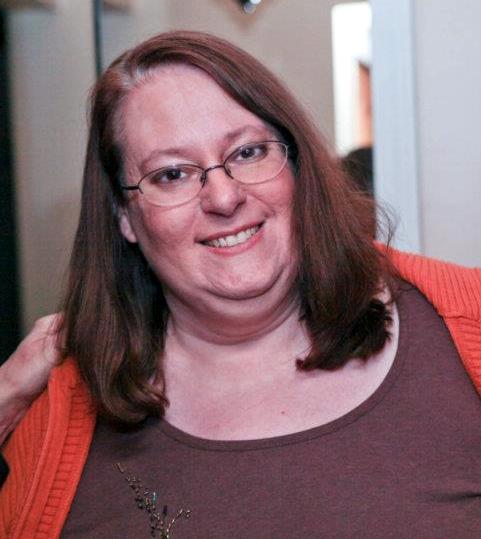In the years that I’ve worked with the transgender community, two words describe what I’ve observed: bravery and loss. Bravery because these are people who are taking steps toward self-actualization and becoming the people that they truly are instead of taking the easy way out and remaining hidden in order to conform to society’s norms.
I was told by a very wise woman that a transgendered individual’s life is defined by loss. Once he or she transitions, there is a loss of friends, family, jobs, places of worship, and sometimes life. The rate of violence against members of the transgendered population is appalling. According to the National Coalition of Anti-Violence Programs (NCAVP) in a report from 2011, although reports of hate crimes have diminished, the overall rate of bias-based murders against the LGBT community has increased by 11%. Of those murdered, 87% were people of color, which is an increase of 70% from statistics from 2010. People who identify as transgendered are 28% more likely to experience physical violence than those who are gender normative. In spite of the emotional and physical risks, transgendered people are just trying to live lives that are true to themselves.
What can we do as therapists when we have a transgendered client come into our offices?
First and foremost, we can listen. Truly listen without judgment. Instead of making assumptions about sexuality, names, and gender markers, ask our clients to explain who they are. Ask which pronouns they use. Most importantly, don’t deny their experiences. If your client tells you that she is a female named Ann, don’t refer to her as a male named Bob, even if that is her birth name.
If you need to get more information about transgender issues, check out Transgender Michigan. Its co-founder, Rachel Crandall-Crocker, LMSW, is a wealth of information about transgender issues. She’s also a lot of fun to talk to. As we celebrate the International Transgender Day of Visibility, please take time to educate yourself about transgender issues and try to view our transgendered friends as human beings with feelings, hopes, and dreams like the rest of us.
 By Dr. Ruth Hiner, PsyD
By Dr. Ruth Hiner, PsyD
Dr. Hiner graduated from MSP’s doctoral program in 2013. She has a private practice in Huntington Woods, Safe Space Therapeutic Services, LLC. Dr. Hiner specializes in LGBT issues, grief and loss, and life transitions.